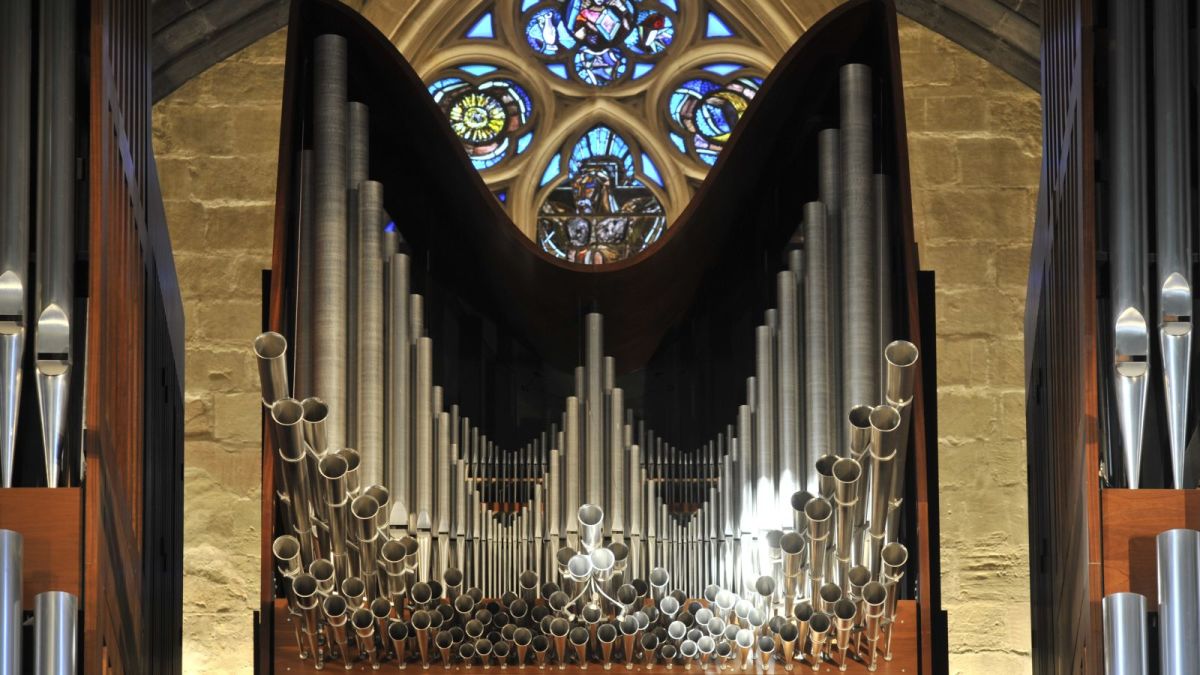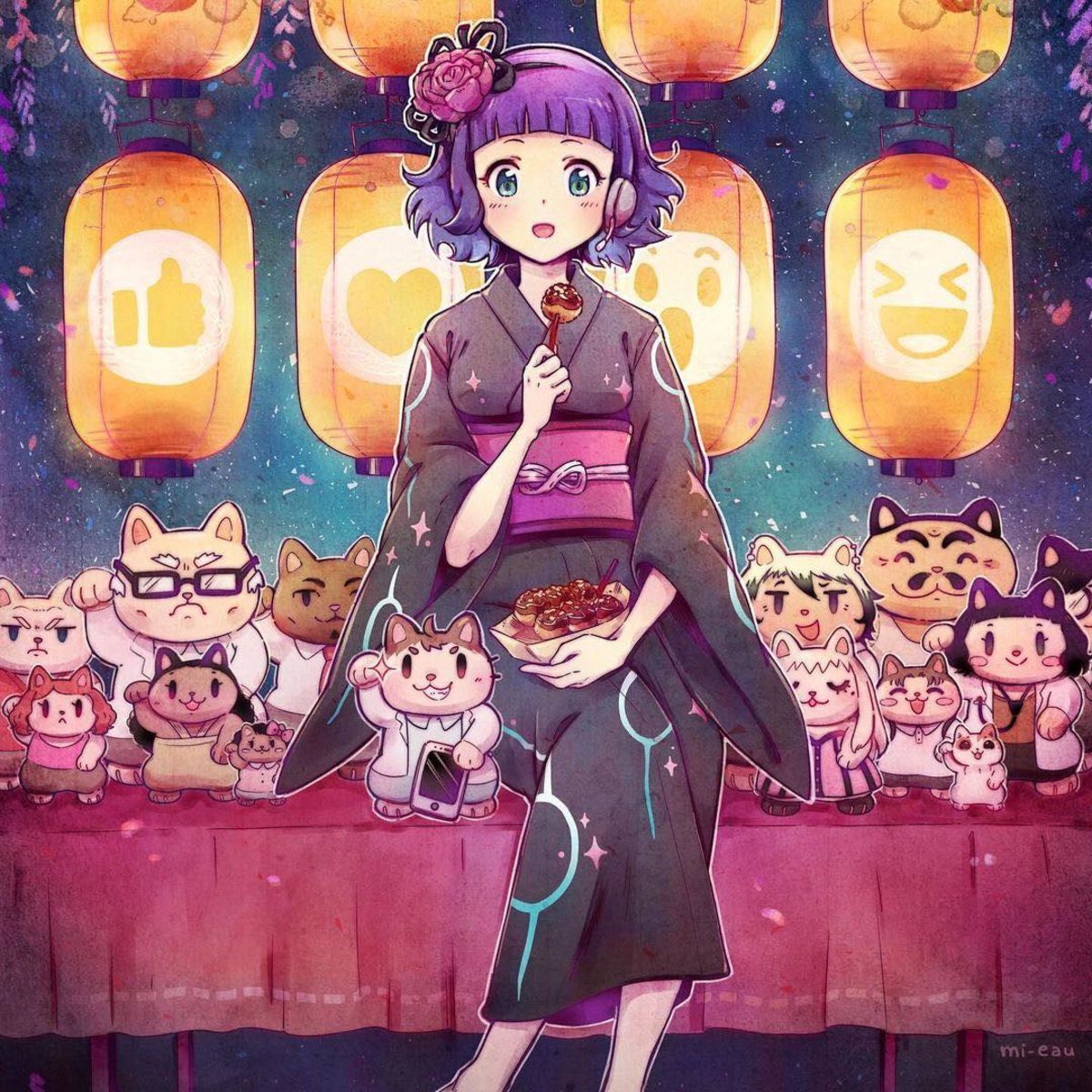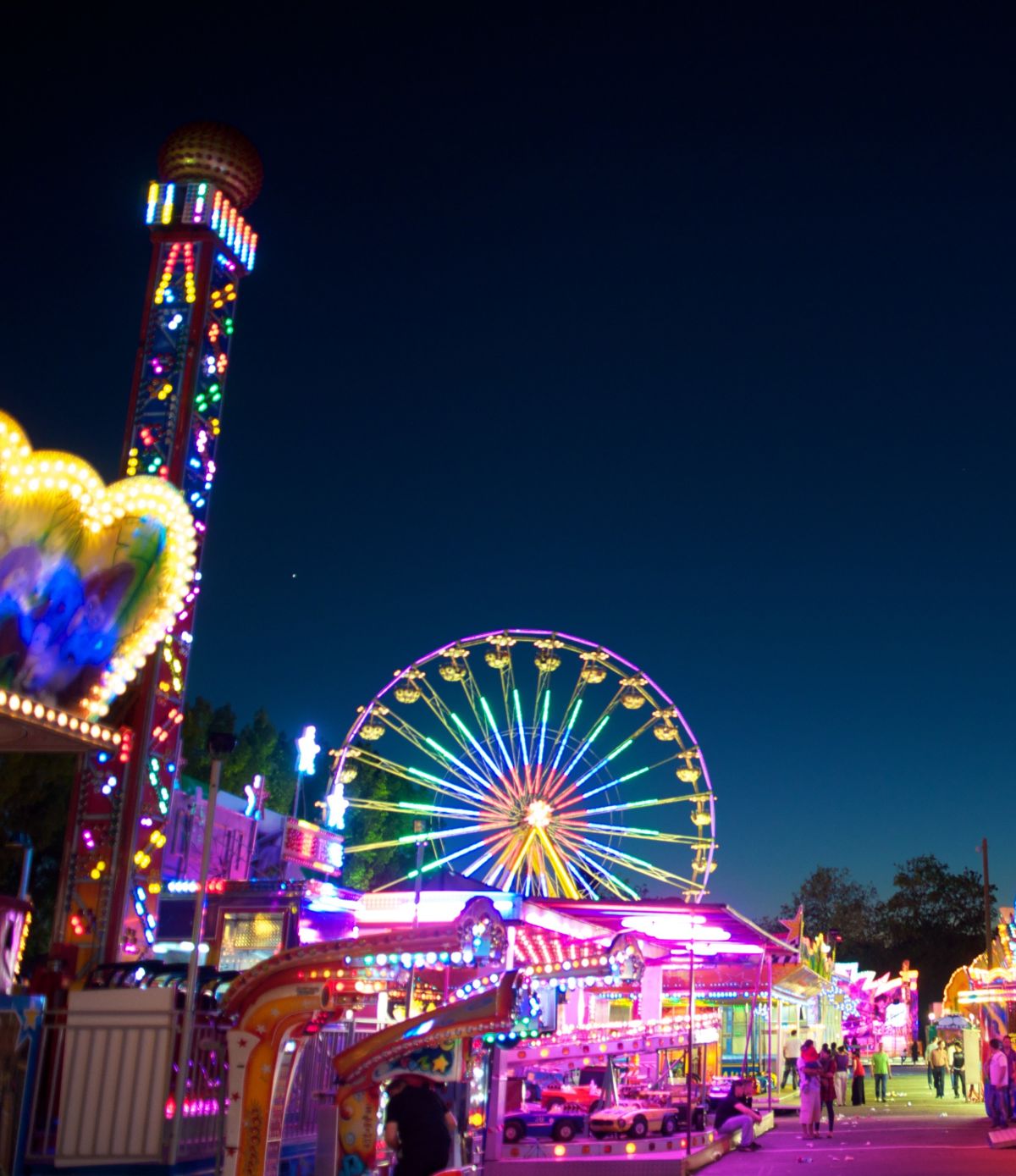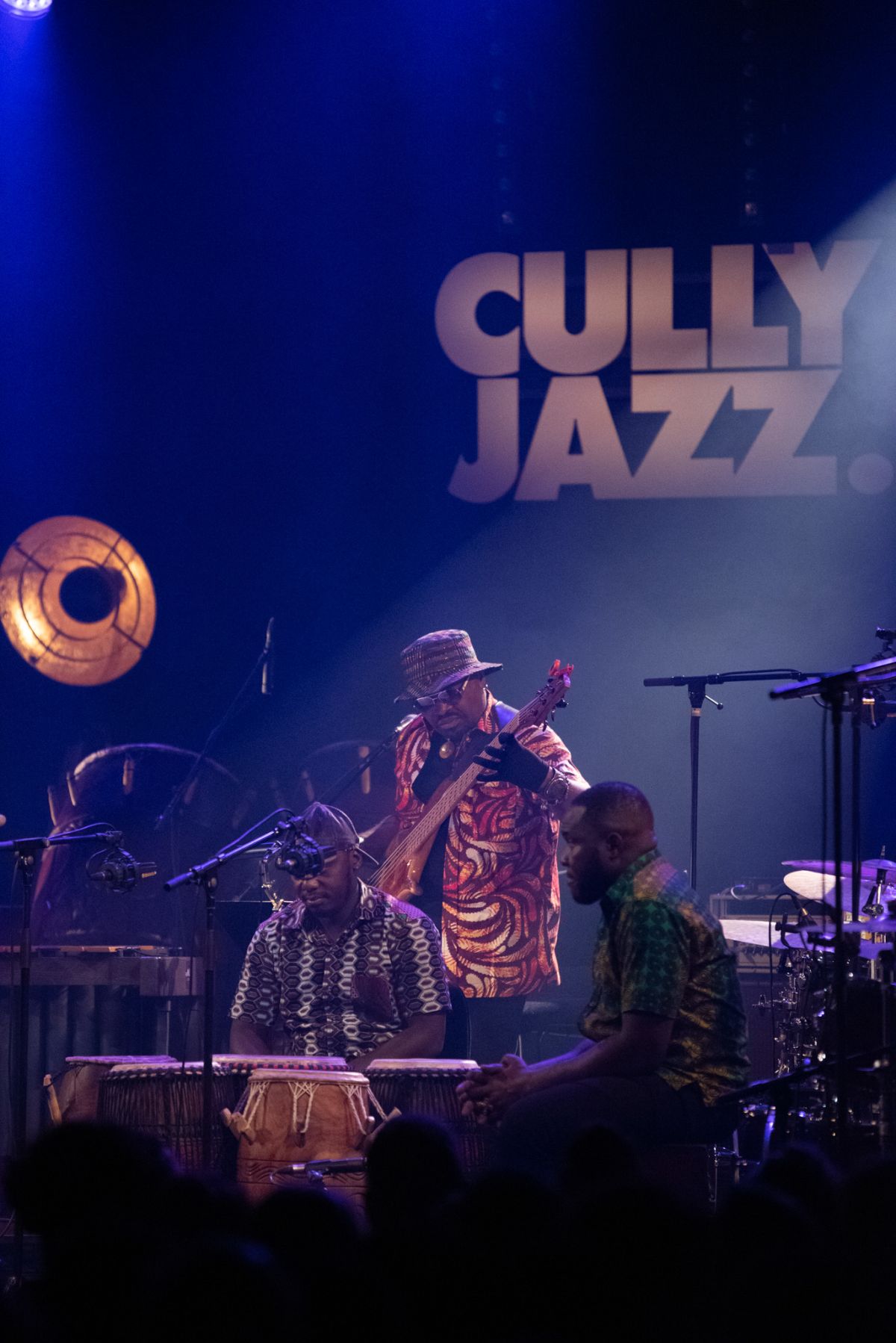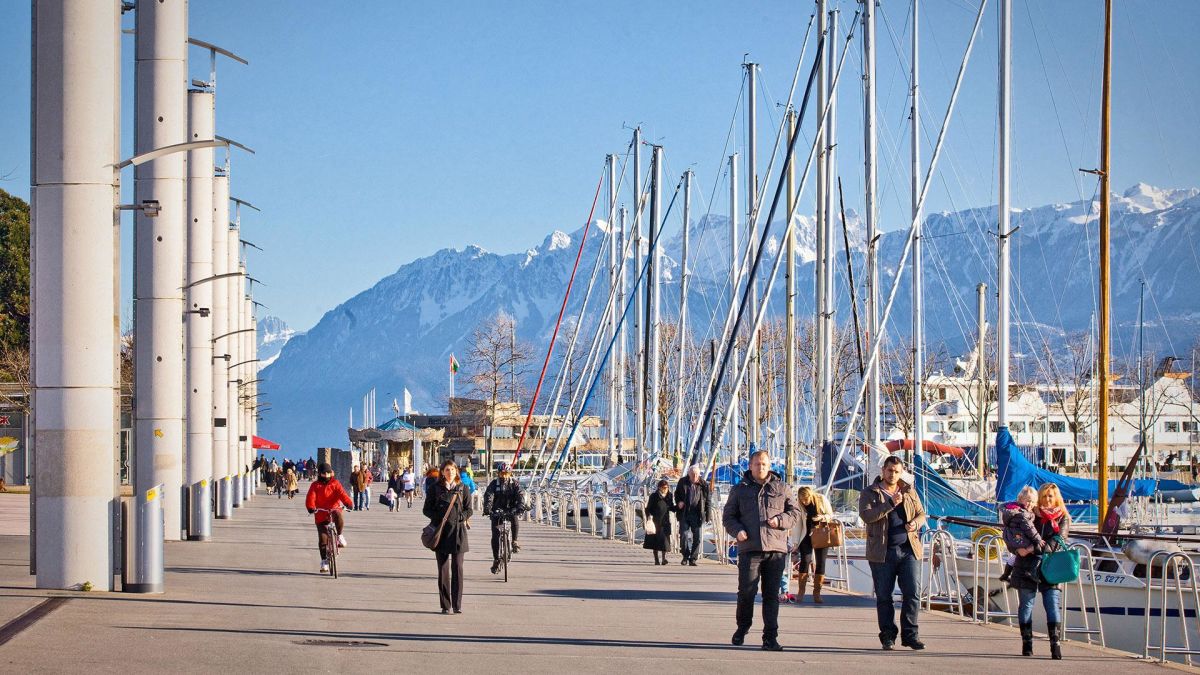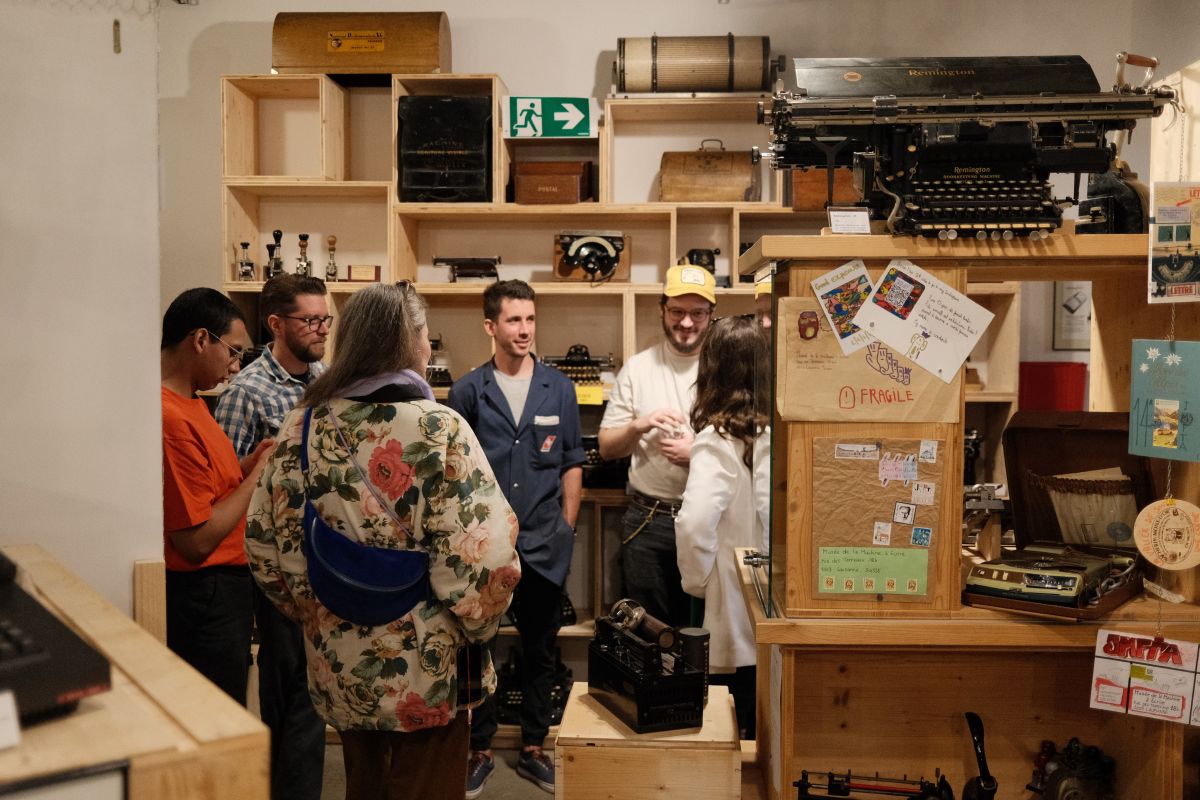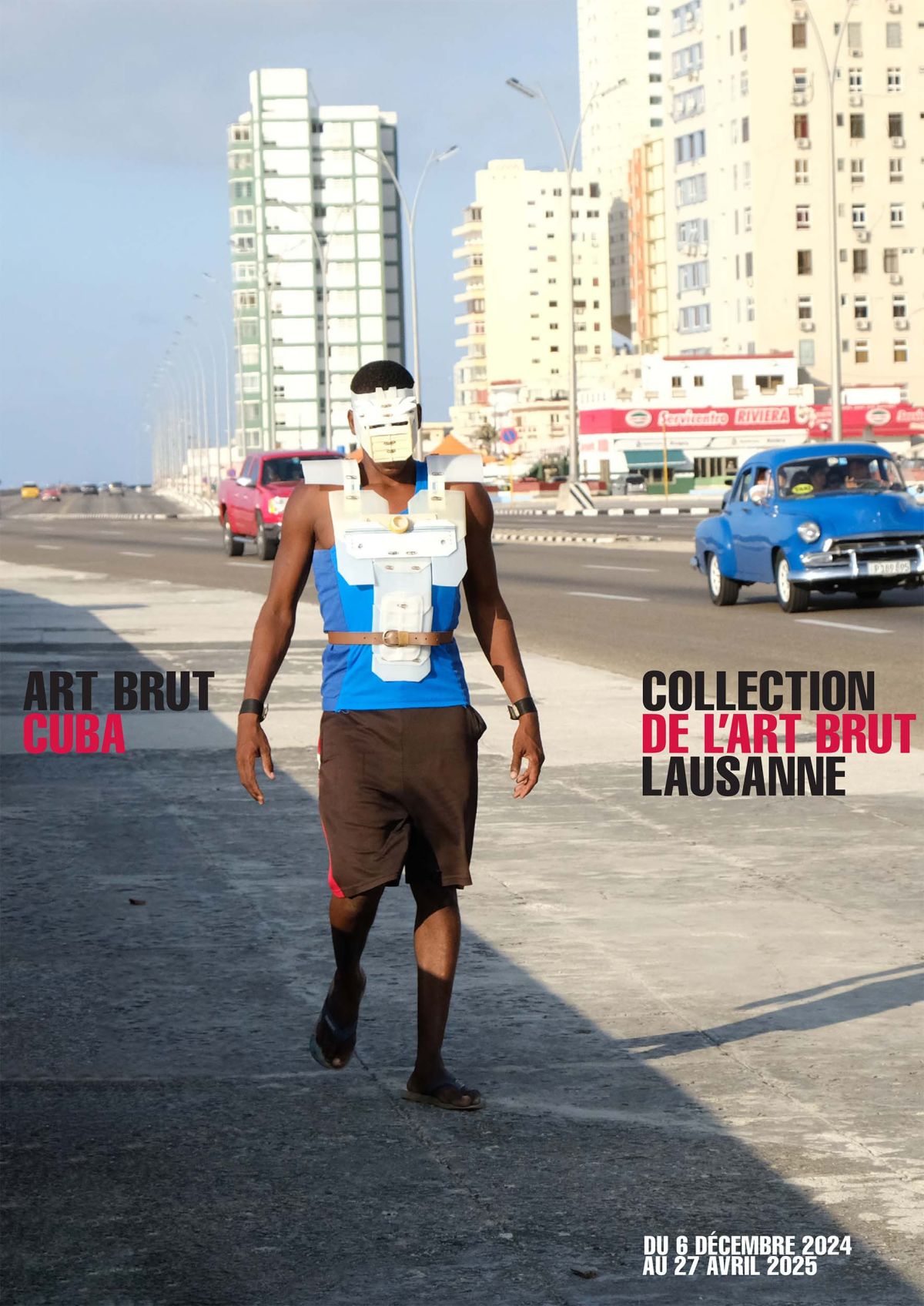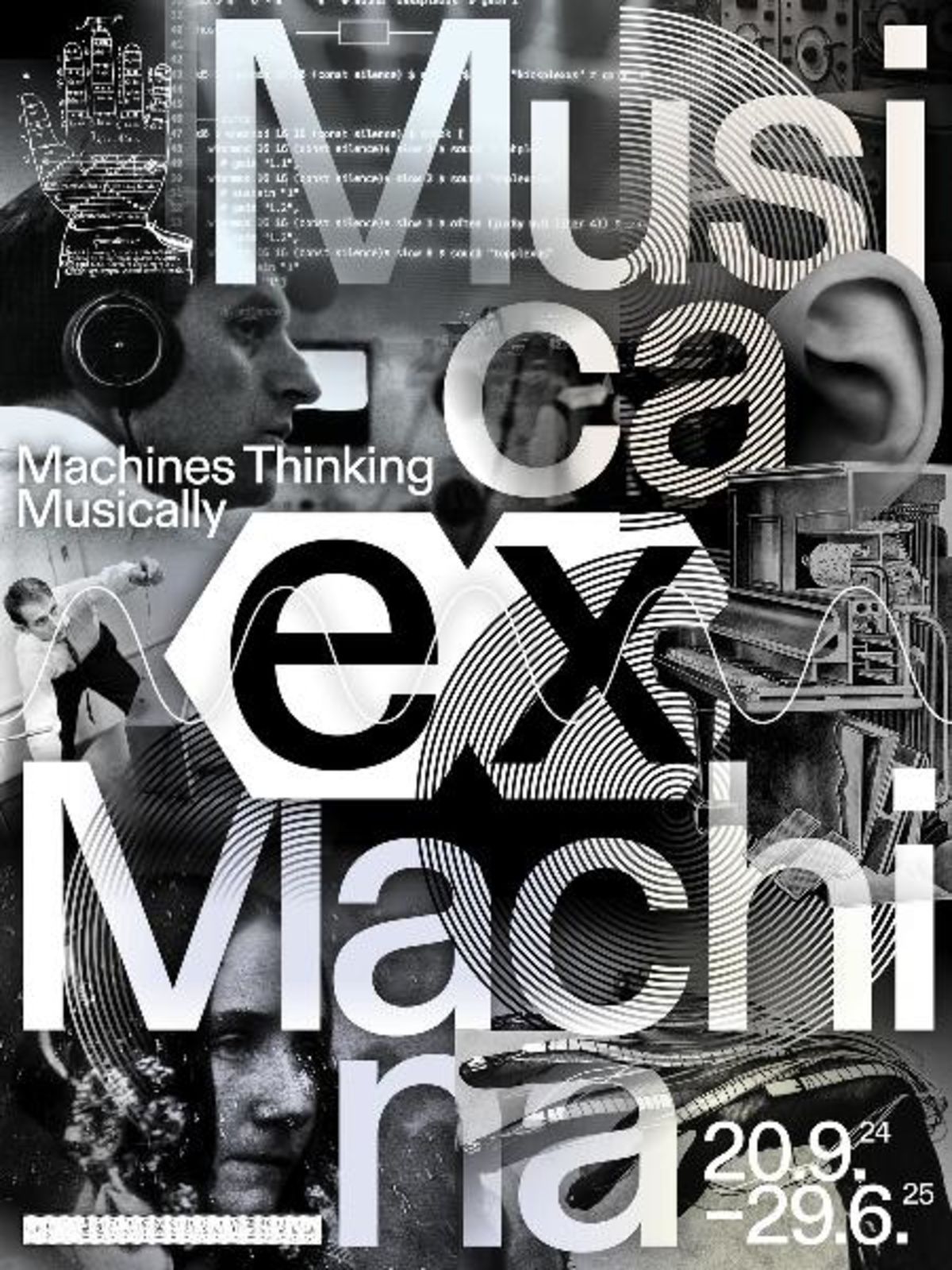This website uses cookies so that we can provide you with the best user experience possible. Cookie information is stored in your browser and performs functions such as recognising you when you return to our website and helping our team to understand which sections of the website you find most interesting and useful.
Useful information
Address
Schedules
Adults (3-day pass including the Historical Museum of Lausanne and the Roman Museum of Lausanne-Vidy)
12 CHF
AVS/AI (3-day pass including the Historical Museum of Lausanne and the Roman Museum of Lausanne-Vidy)
6 CHF
Children (under 16), students, apprentices, unemployed
Free
Groups from 6 persons (price per person)
6 CHF
Carer of a disabled person
Free
Public holidays: open from 11am to 6pm.
Free admission on the first Saturday of the month.
On 24 and 31 December: 11am to 5pm.
Closed on 25 December and 1 January.
Access
Bus 3, 20, 21: «Beaulieu-Jomini» stop
More info
But why is this particular country deserving of our interest once again? Because its insular nature, its history and its territory - long isolated from the rest of the world for political and economic reasons - make this island a fertile environment for the production of creations unaffected by outside influences. For those same reasons, it is also much more difficult in Cuba than elsewhere to depart from collective norms and establish artistic individuality.
Now, 41 years later, Art Brut CUBA brings together a selection of drawings and paintings by the artists who appeared in the original exhibition. It also features works by contemporary Cuban outsider artists promoted by Riera Studio in Havana and shown for the first time at the Collection de l’Art Brut. In all, the new exhibition contains 266 works of different kinds: drawings, paintings, collages, assemblages, finery and photographs.
The themes they reflect echo their own experiences, the economic, social and political realities of their country, their personal worlds, and their obsessions. And what makes these creations so surprising is that they all present a facet far removed from standard conceptions of Cuba, which is still essentially controlled by the state.





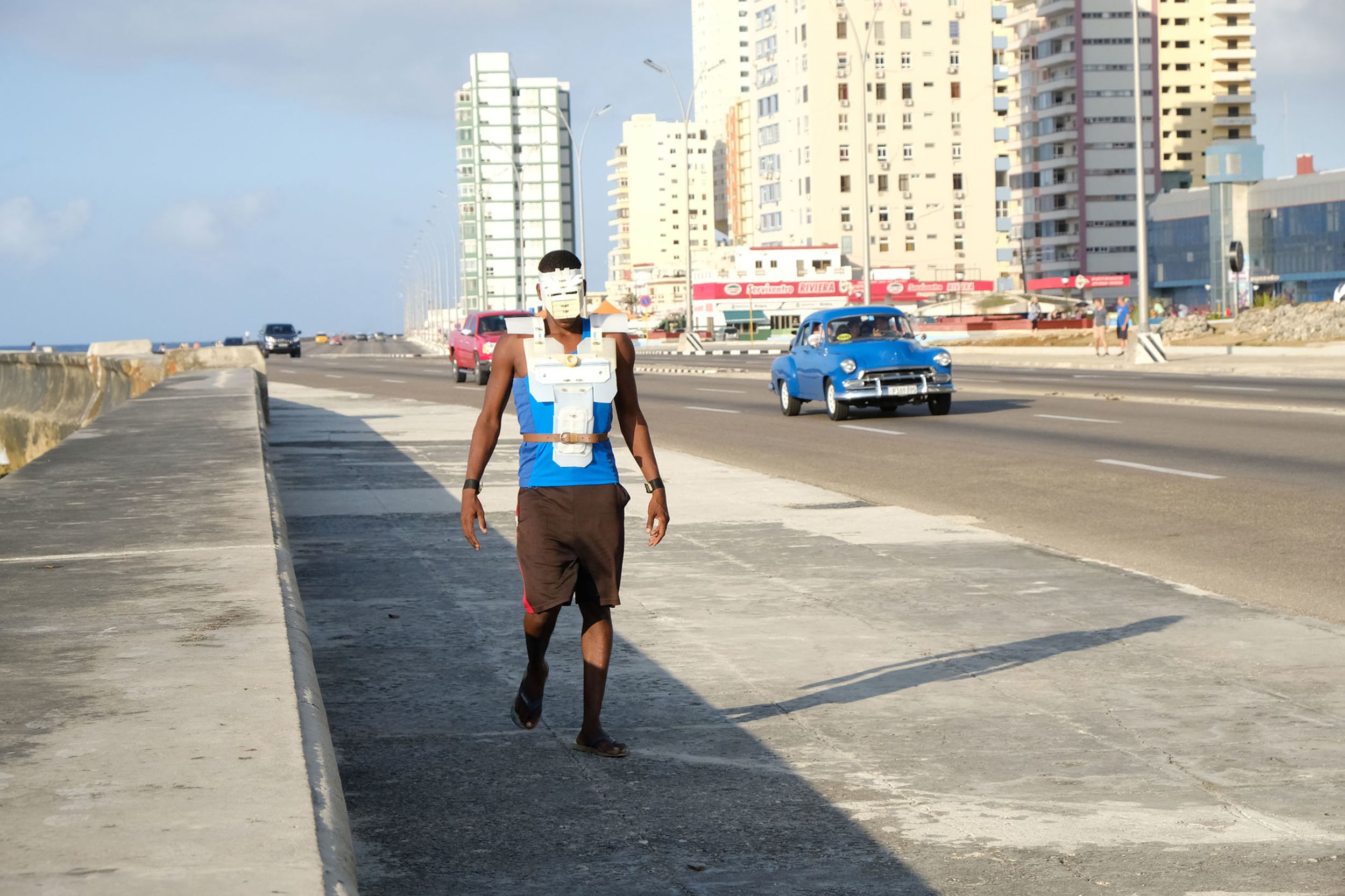
 +41 21 315 25 70
+41 21 315 25 70 Email
Email Website
Website